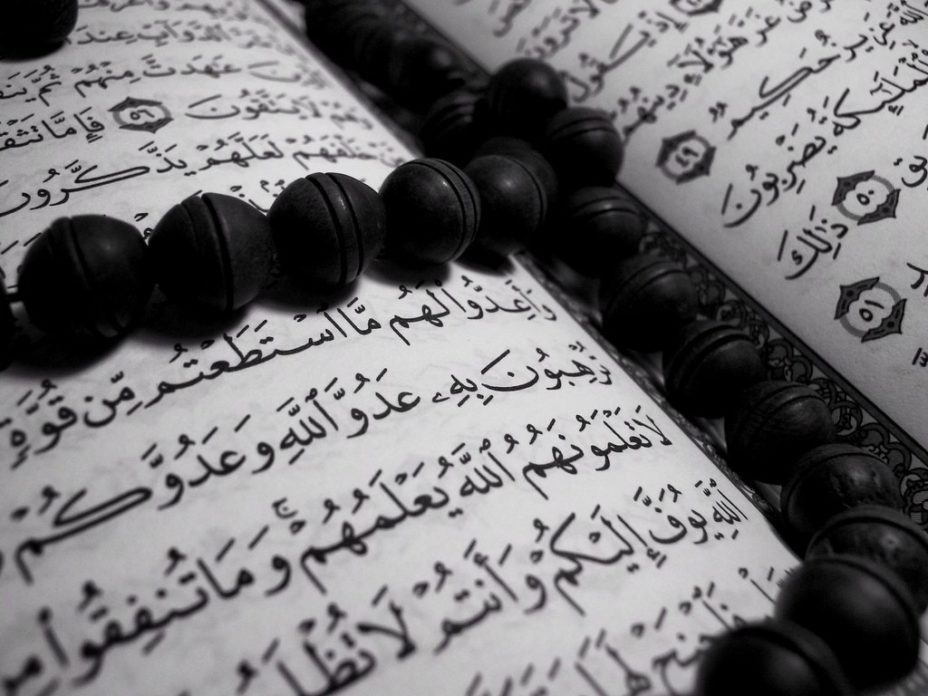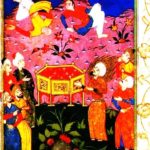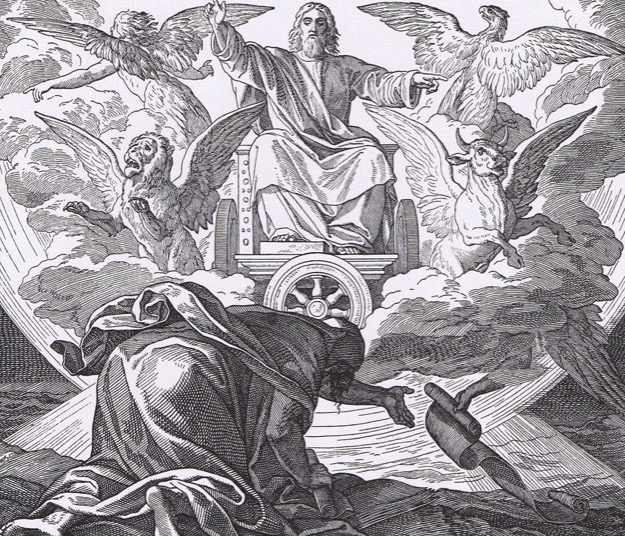This is a partial translation. If the surah is more than 30 verse, I take several days in the translation, because this is really a massive job.
- By the pen and what they compose,
- You are not, by the favor of your Lord, one djinn-possessed.
- And indeed, for you surely is a reward unfailing,
- And indeed, you surely are of high morality
- So you will see, and they will see
- Which of you is the afflicted.
- And do not obey every mean swearer,
- Slanderer, going about with gossip,*
- Forbidder of good, guilty transgressor
- Ignoble,* and moreover, an illegitimate (bastard).
- Because he has wealth and sons,
- When Our Signs are recited to him, he said, “Legends of the ancients!”
- We will brand* him upon the muzzle!
*Not fully confident on the translation of this word.
4. “High” is lit. “great.” “Morality” has the sense of following the mores or social customs laid down by Allah.
6. Same root as the “trial” or “affliction” of 74:31.
10. “Mean” as in despicable or worthless.
13. “Ignoble” shares a root with a word meaning “to drag.” Knocking his mom now!
14. Or “children” including at least one son, but they’d only brag about the sons.
15. Grammatical deficiency with verb tenses again.
18. The implication is that they didn’t say “if Allah wills”
Chronology
We’ve now progressed far enough that Muhammad is have direct conflicts with one person who is calling him names (probably Abu Lahab). Al-Qalam is usually put extremely early, which I think is generally correct, but there actually has to be something for Abu Lahab to be criticizing in the specific terms that he is using for the criticism to have occurred. After some thought, I flipped this with the remainder of 74. I think this also relieves the tension that some traditional scholars wanted 68 before 74–it was before the second half of 74, since it’s impossible for it to be before the first ayat, according to the ahadith.
Around this point, Muhammad’s two daughters, Umm Kulthum and Ruqayya were probably removed from his care by their husbands, Abu Lahab’s sons, who wanted to get them away from the influence of their father. They would be returned in 610.
Only this part belongs here because other sections are related to later ahadith about saying “by Allah’s will,” and then others still are related to the incident of the “Satanic verses.”






